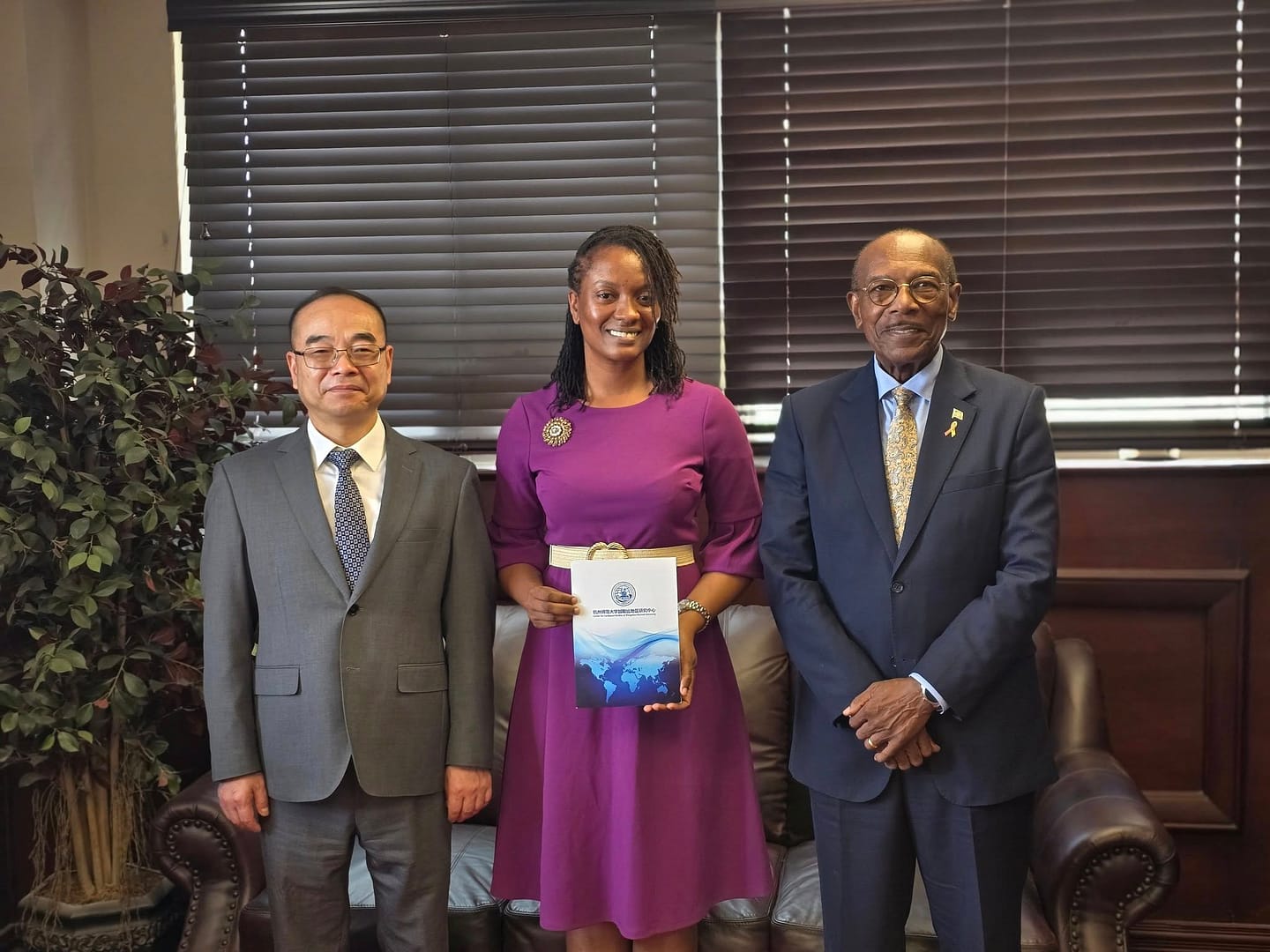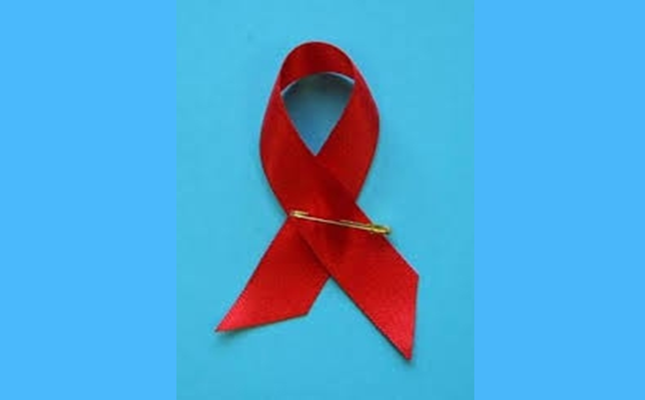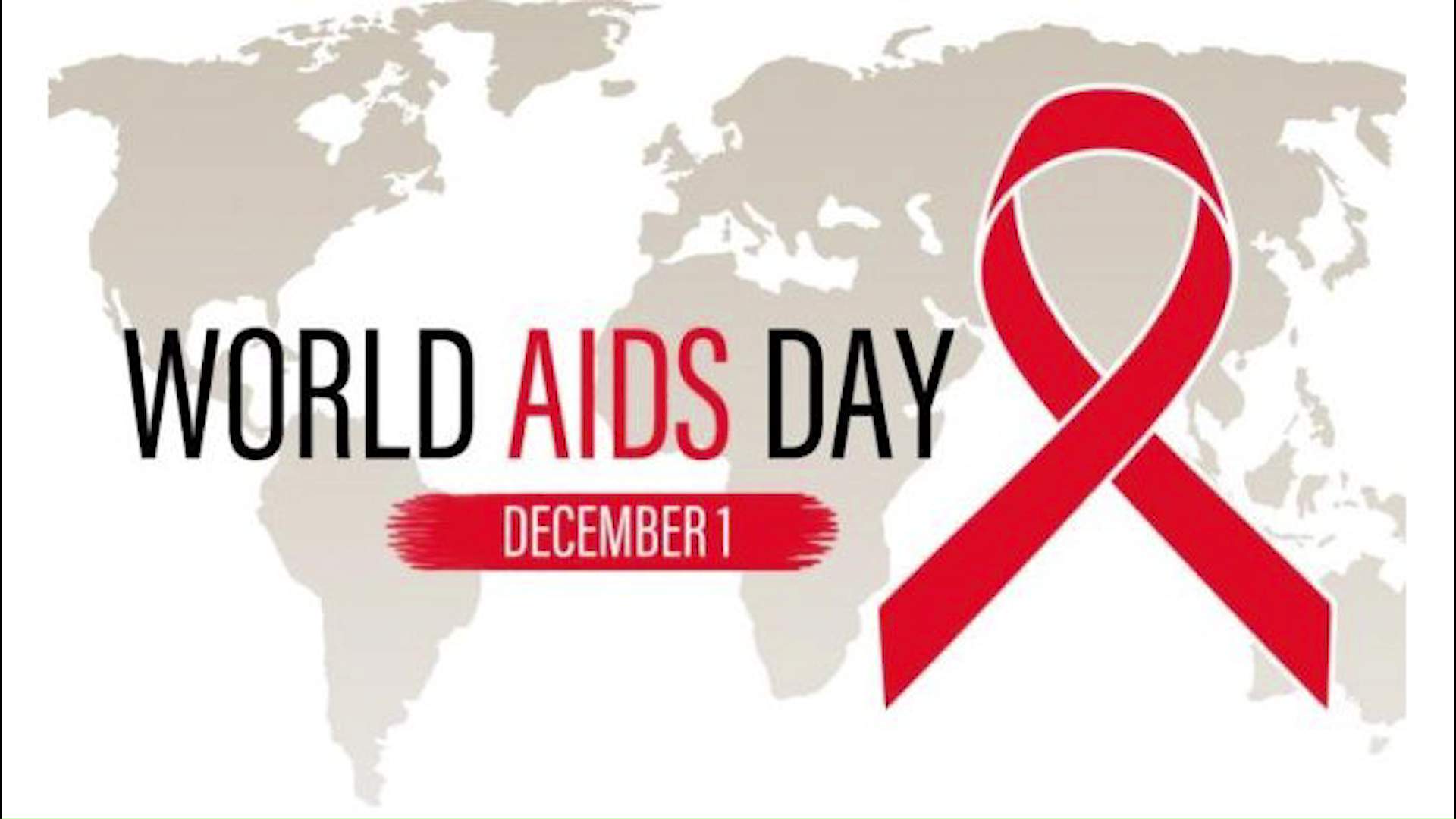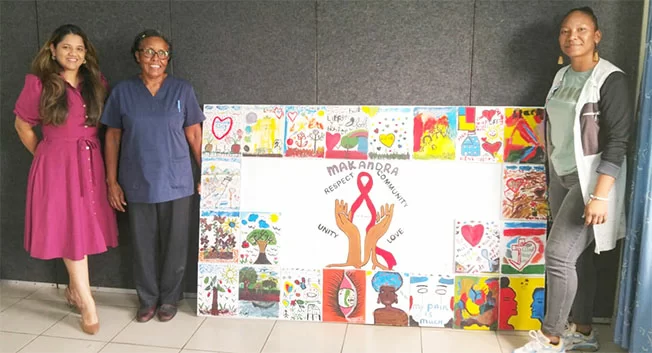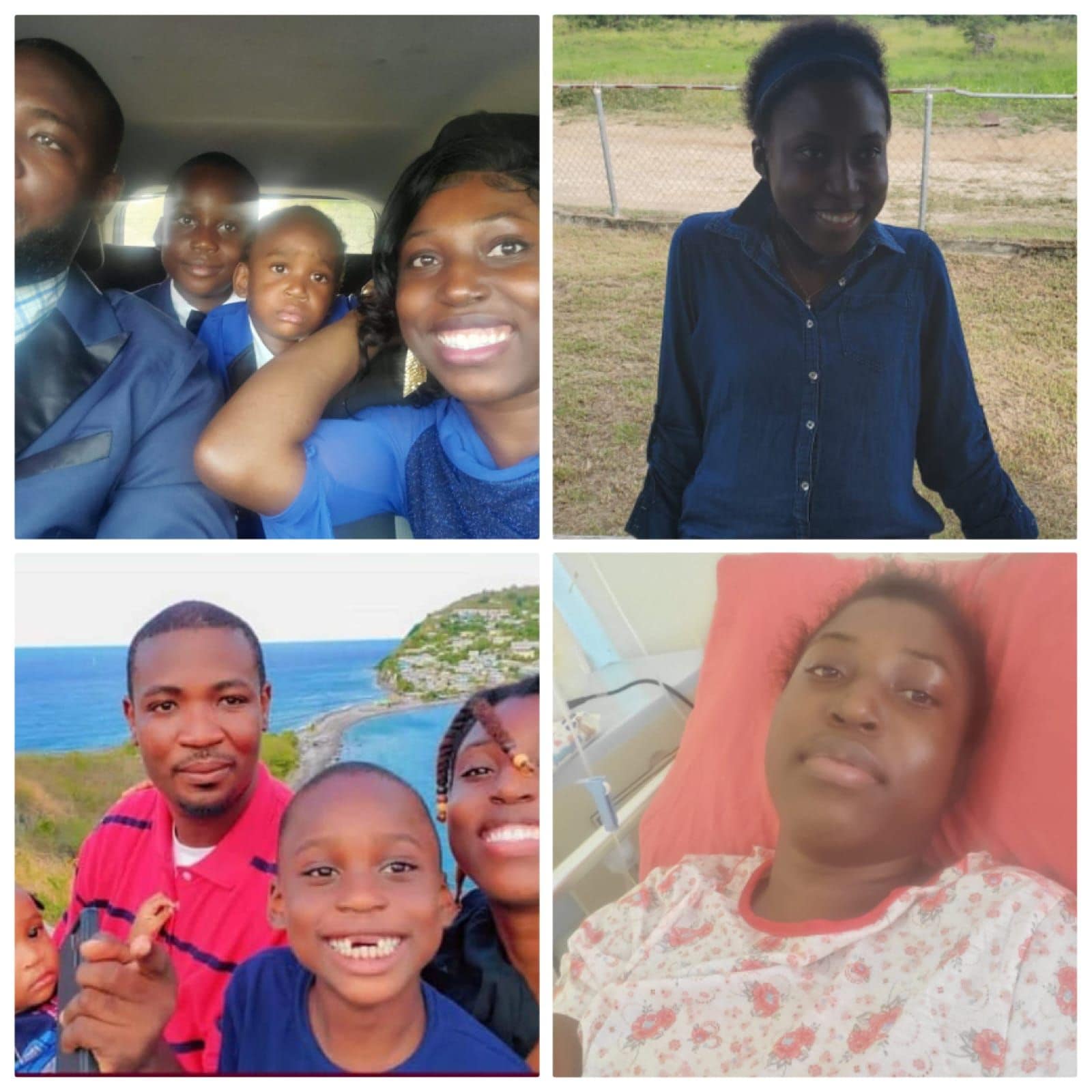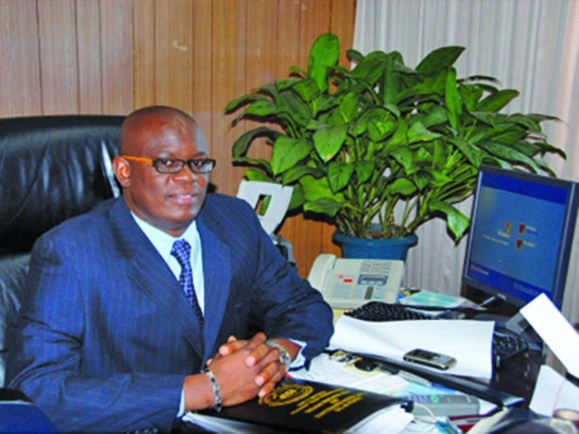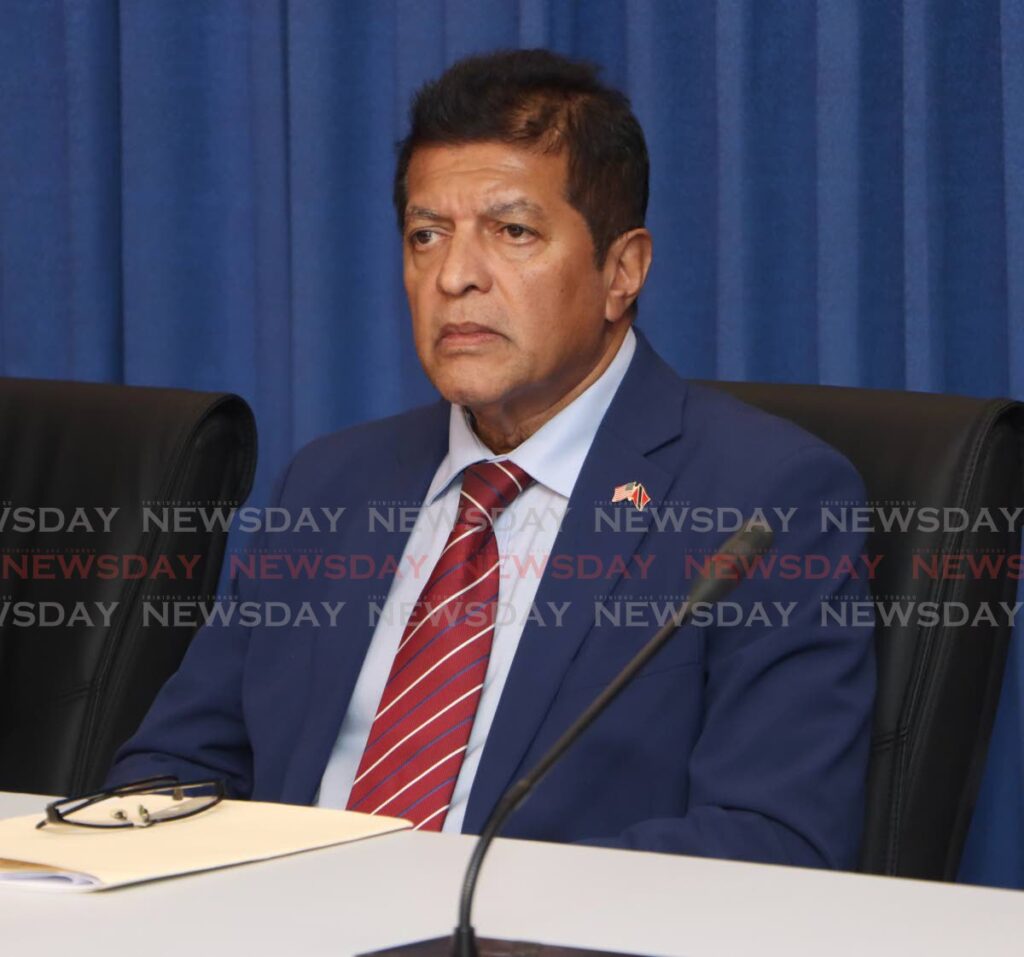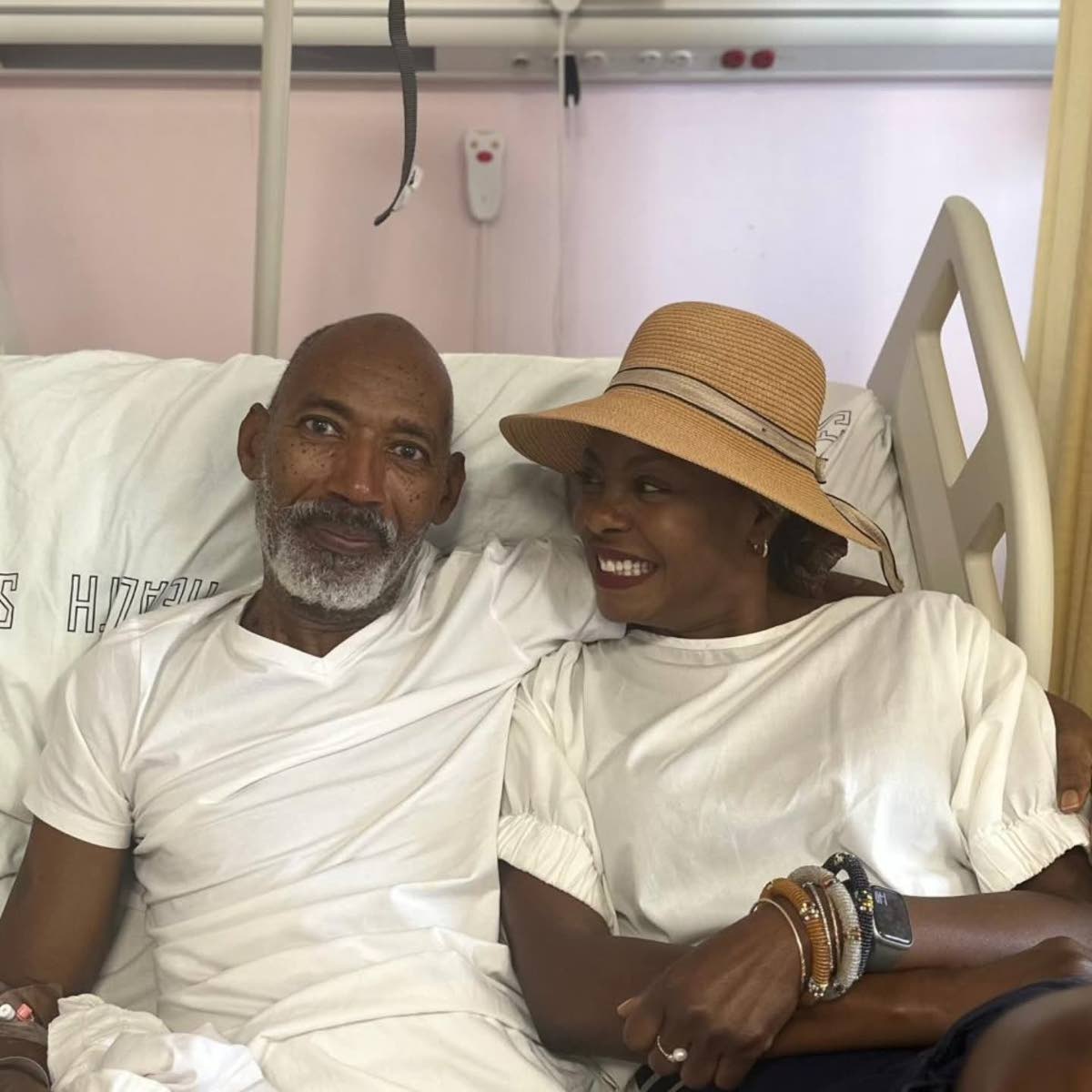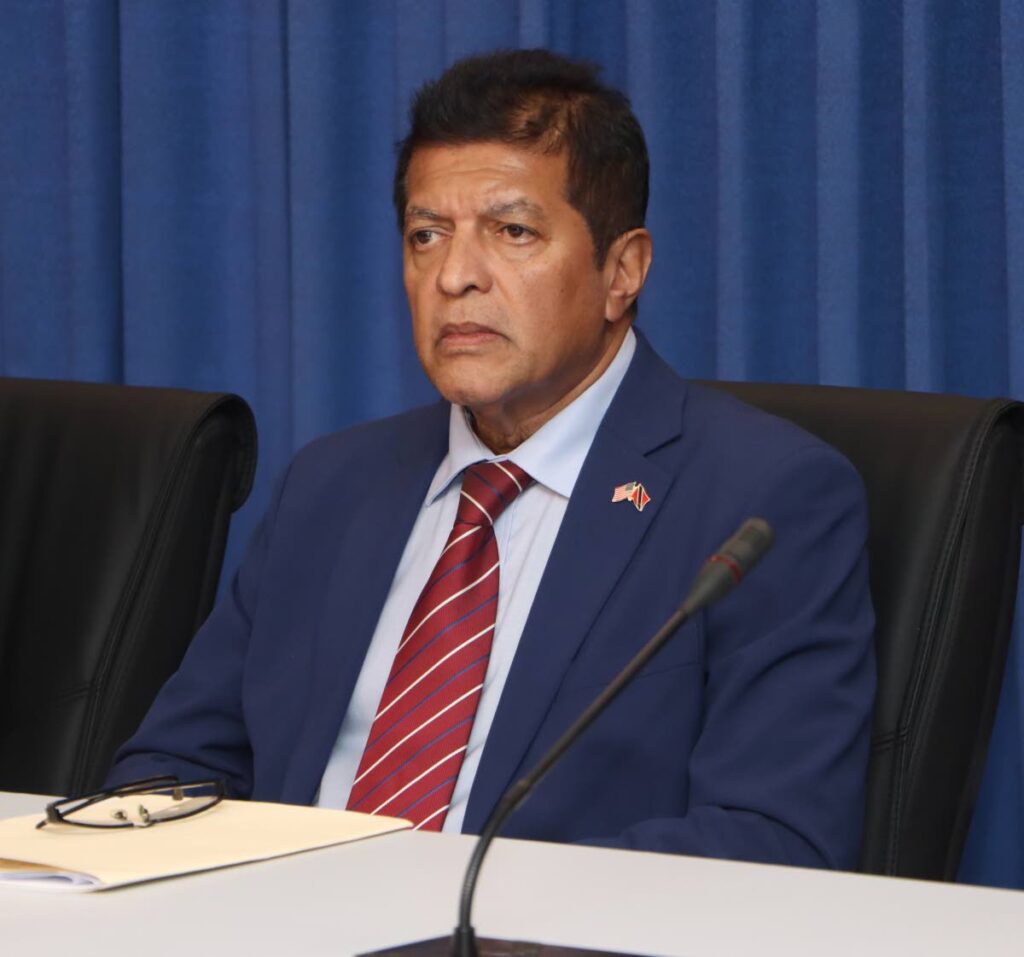The Ministry of Health and Wellness of Antigua and Barbuda has initiated high-level discussions with a specialized medical delegation from the People’s Republic of China, marking a significant development in bilateral health cooperation. The strategic dialogue focused on enhancing the Caribbean nation’s healthcare infrastructure through potential knowledge transfer, technological exchange, and capacity building initiatives.
This diplomatic health engagement examined multiple collaborative avenues including specialist medical training programs, telemedicine implementation, and public health system modernization. The Chinese delegation presented innovative healthcare solutions that have demonstrated effectiveness in diverse clinical environments, with particular emphasis on tropical medicine applications relevant to the Caribbean context.
Health officials from both nations explored sustainable partnership models that could potentially revolutionize patient care delivery in Antigua and Barbuda. The discussions addressed critical healthcare challenges facing small island developing states, including limited specialist coverage, pharmaceutical supply chain vulnerabilities, and healthcare accessibility in remote communities.
The bilateral talks represent a growing trend of South-South cooperation in global health, with China sharing advanced medical expertise and technological resources with Caribbean partners. This health diplomacy initiative aligns with Antigua and Barbuda’s broader national development strategy to achieve comprehensive healthcare transformation through international partnerships.
Medical professionals from both countries are expected to establish working groups to develop implementation frameworks for the identified cooperation areas, potentially creating new opportunities for medical education, clinical research, and healthcare technology adaptation in the Eastern Caribbean region.
